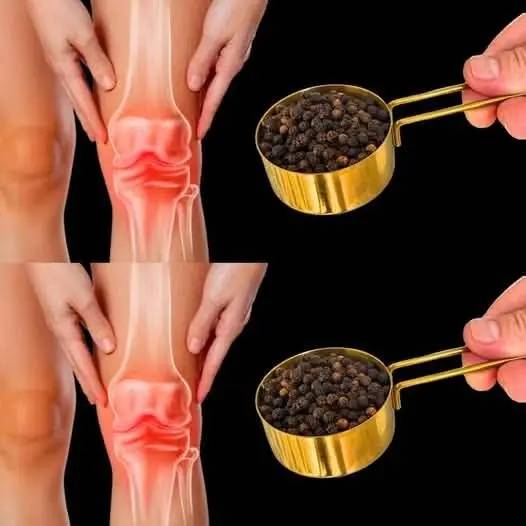I’m really sorry to hear about your mother’s pain. Leg pain, especially from conditions like rheumatism, varicose veins, and arthritis, can be very debilitating. While I’m not a medical professional, I can suggest some things that might help alleviate the discomfort. However, it’s important to consult a doctor for a proper diagnosis and treatment.
Here are a few remedies that may help:
1. Garlic for Pain Relief:
Garlic has natural anti-inflammatory properties that can help with pain relief, particularly for conditions like arthritis and rheumatism.
- Garlic Oil Massage: Crush a few garlic cloves and mix them with some olive oil. Warm the mixture slightly and massage it gently into the painful areas. The anti-inflammatory properties may help reduce the swelling and discomfort.
- Garlic in Diet: Adding garlic to the daily diet can also offer relief over time due to its anti-inflammatory effects.
2. Epsom Salt Bath:
Epsom salt contains magnesium, which can help relieve muscle tension and improve circulation. A warm bath with Epsom salts might provide some comfort, especially for arthritis and varicose vein pain.
- Add 2 cups of Epsom salt to warm water and soak the legs for about 20-30 minutes. This can help with muscle relaxation and pain relief.
3. Compression Stockings for Varicose Veins:
Compression stockings can help improve circulation and reduce pain caused by varicose veins. They help prevent the blood from pooling in the veins, which reduces swelling and discomfort.
- These are available in various levels of compression. It’s best to consult with a healthcare provider to choose the right one.
4. Exercise and Movement:
While pain can make it hard to move, gentle exercises can actually improve joint mobility and blood circulation.
- Gentle Stretching: Simple stretches for the legs and joints may help reduce stiffness. Focus on movements that don’t cause pain but help keep the muscles and joints flexible.
- Walking (if possible): If she is able to, walking even small distances can improve circulation and reduce the discomfort from conditions like arthritis.
5. Turmeric and Ginger:
Both turmeric and ginger are known for their anti-inflammatory properties and can help with conditions like arthritis and rheumatism.
- You can add turmeric to her meals or make a simple turmeric tea by mixing 1/2 teaspoon of turmeric with hot water and some honey. Ginger tea can also be effective.
6. Physical Therapy:
If the pain is related to arthritis or other joint issues, a physical therapist can help design a treatment plan to improve mobility and reduce pain. They can teach specific exercises that strengthen muscles, improve posture, and reduce joint pressure.
7. Pain Relief Creams or Patches:
Over-the-counter creams, gels, or patches (like capsaicin or menthol-based ones) can provide temporary relief from pain. These products work by creating a warming or cooling sensation, which may help distract from the pain and reduce inflammation.
8. Hydration and Diet:
Proper hydration can help keep joints lubricated and reduce swelling. Drinking plenty of water throughout the day is important, especially for joint health.
A healthy, anti-inflammatory diet rich in fruits, vegetables, and omega-3 fatty acids (like salmon or flaxseed) can also support joint health.
9. Rest and Elevation:
Elevating the legs can help with circulation, especially if she has varicose veins or swelling. Rest is also important, but movement should be balanced with periods of relaxation to prevent stiffness.
10. Consultation with a Doctor:
Since these conditions are chronic, seeing a doctor or specialist (such as a rheumatologist or vascular specialist) is essential. They can provide a more specific treatment plan, possibly involving medications (such as anti-inflammatory drugs) or physical therapy. In some cases, a vascular specialist may recommend procedures like sclerotherapy or vein surgery for varicose veins.
If your mother’s pain is very severe or not improving, it’s really important to consult her healthcare provider for a tailored treatment plan.
Please let me know if you’d like more information on any of these suggestions!
